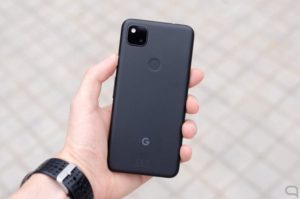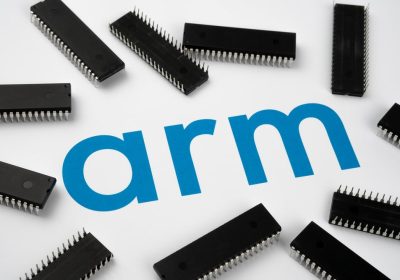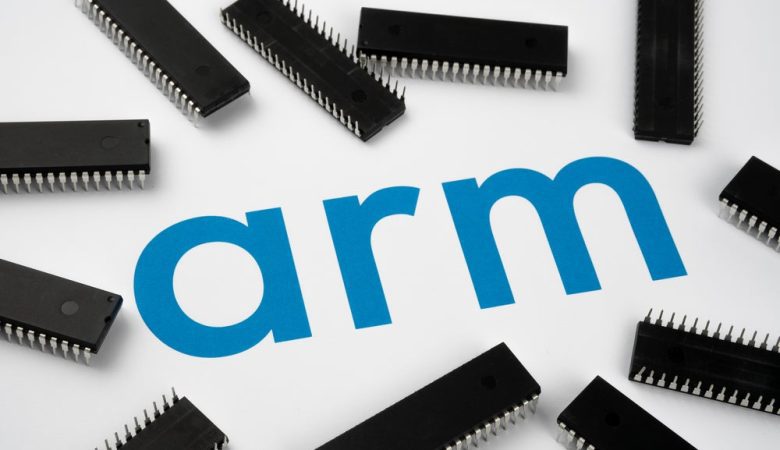Google confirmed that it will make heavy investments in hardware, opening the door to the manufacture of a processor for its Pixels.

Google is no stranger to hardware development, although rumors in recent months suggest that the company would develop its own chips . Like Apple, the Mountain View company would say goodbye to third-party solutions and integrate a proprietary processor into its mobile devices.
This rumor has gained ground following the financial results of Alphabet, where Sundar Pichai confirmed that they are investing in hardware . During the shareholder call to offer Q3 2020 earnings, an analyst asked Pichai about the hardware.
“We are making deeper investments in hardware, some of which take two to three years to complete. I am excited about the excellent roadmap ahead of us,” Pichai said. “I think we have definitely demonstrated a clear value proposition with the Pixel 4a and Pixel 5 and we will build on that,” he said.
The next Pixel processor would be manufactured by Google

Pixel 4a. Photo
According to Pichai, the company is thinking carefully about which form factors really matter, referring to its smartphones. “The hardware is there to strategically benefit both the way we guide the Android ecosystem,” said the CEO of Google during the call.
A report of Axios which was dated April this year said that Google will use processors made by themselves in the Pixel high end of 2021. The chip, known under the codename Whitechapel , is a joint development with Samsung , who use the 5nm manufacturing process.
With this processor, Google would seek to improve the capabilities of the Google Assistant as well as accelerate its artificial intelligence technology in devices. This is in line with what Sundar Pichai said today, who mentioned that they think hard about hardware based on features that will be important to users like Search and Assistant.
Whitechapel would unify elements such as CPU, GPU and the Pixel Neural Core , a coprocessor in charge of accelerating AI tasks, voice recognition and improving the images that we capture with the mobile camera. With this, Google would catch up with companies such as Apple, Samsung or Huawei , which develop their own chips in high-end terminals.
Although miranda is on the Pixels, it is not ruled out that Google’s chips will also reach Chromebooks and other hardware devices of the company. For now it is clear that the development of these is part of the company’s roadmap.











